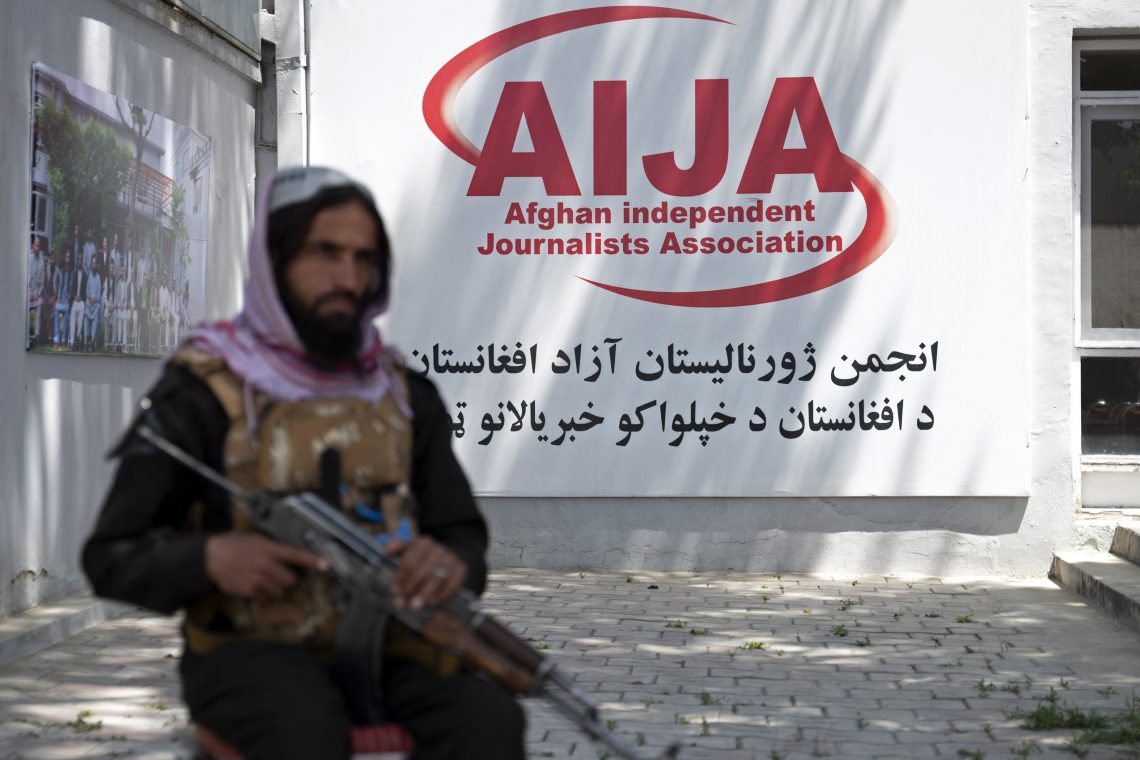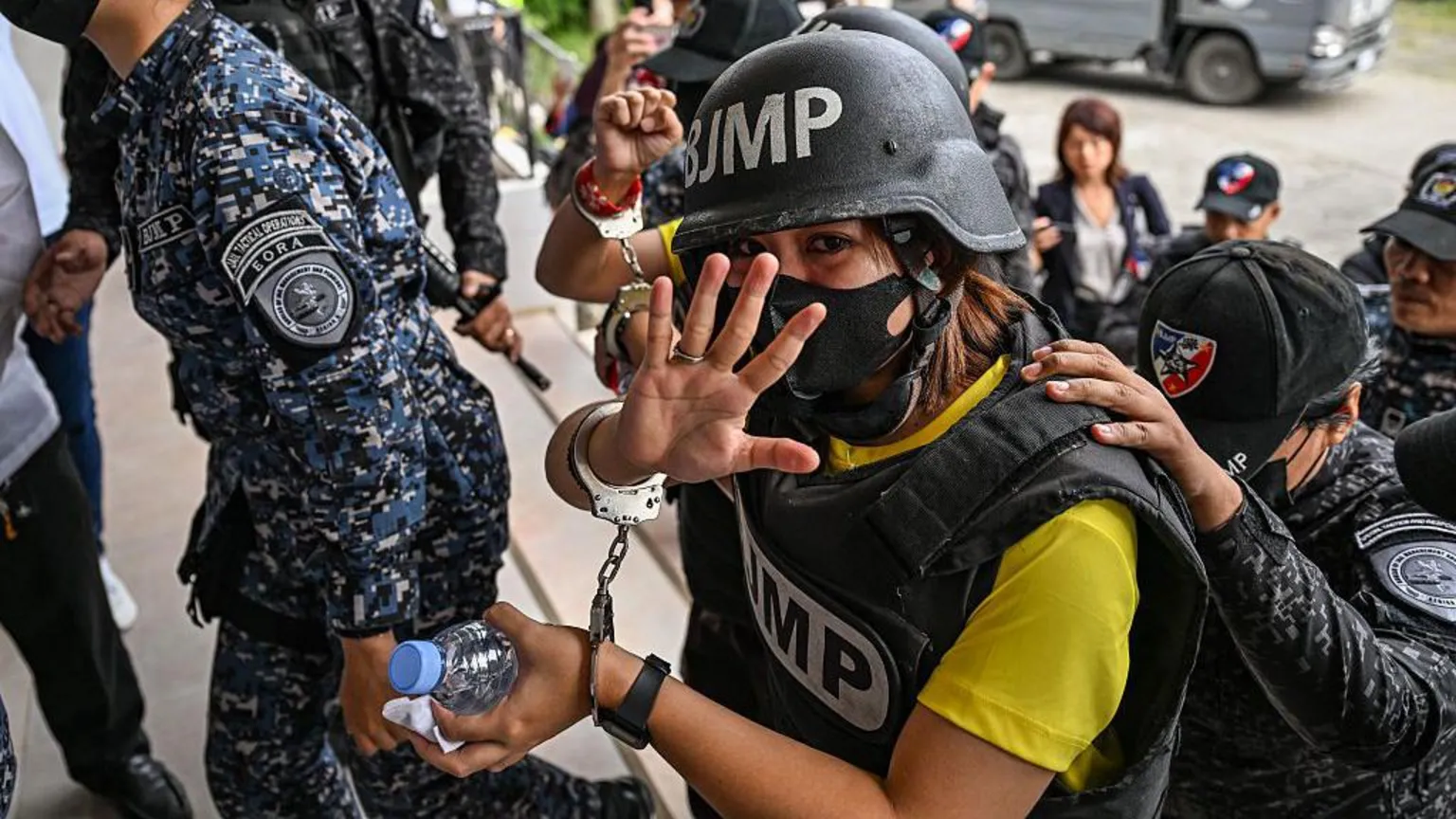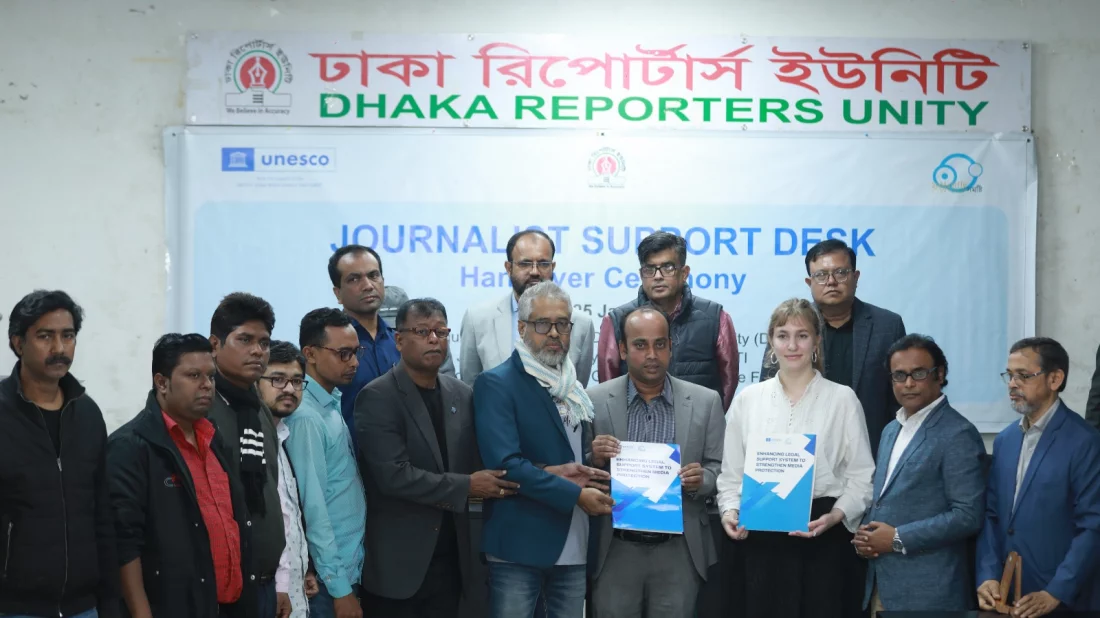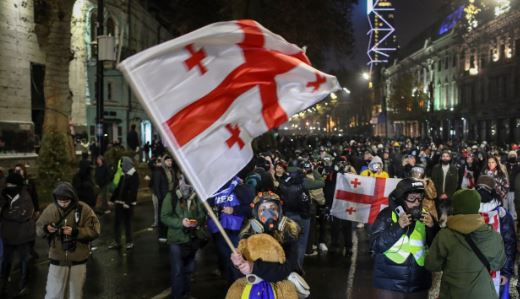
Global Support for Georgian Journalists Under Attack
December 12, 2024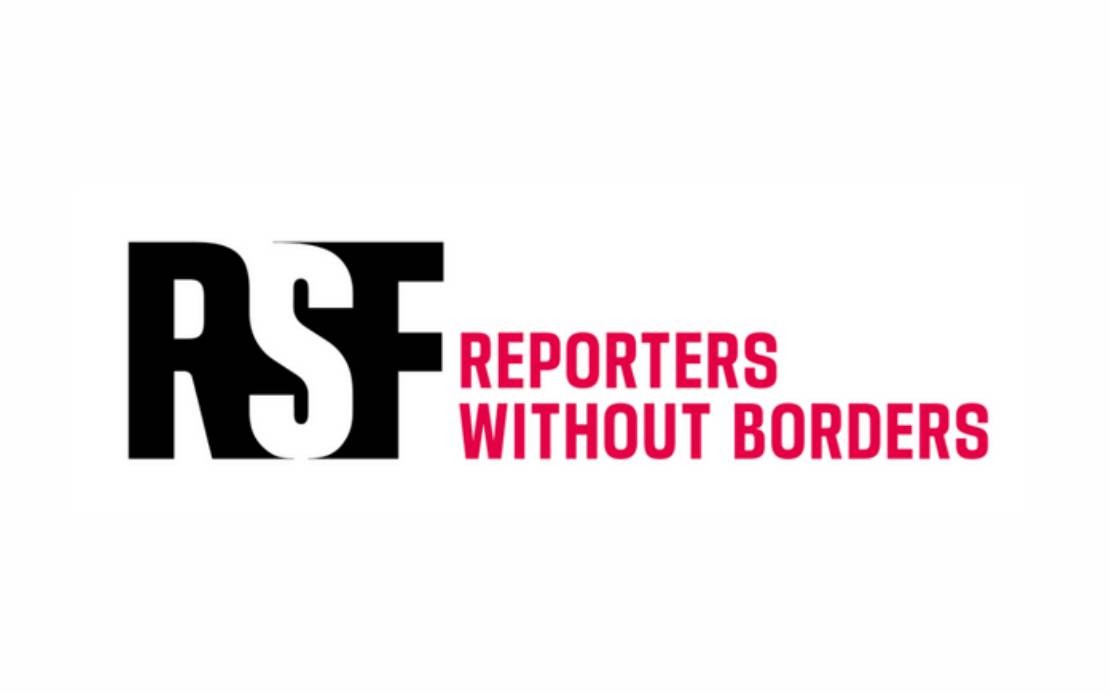
Bangladesh Emerges as One of the Deadliest Countries for Journalists in 2024
December 12, 2024December 12, 2024 – Korea –
South Korea experienced a brief but shocking political upheaval as President Yoon Suk Yeol declared martial law in an attempt to suppress what he termed “anti-state forces.” The unprecedented move marked the first use of martial law in the country since the democratic transition of the late 1980s. Though the decree lasted only six hours before being overturned by the National Assembly, the impact on the country’s journalists was immediate and deeply unsettling.
Newsrooms were thrown into chaos as military forces attempted to control the media. Journalists were barred from official briefings, and soldiers surrounded several media offices. At least 20 troops were deployed outside the home and studio of prominent government critic Kim Ou-joon, forcing him into hiding for over a day. He later described the ordeal as a moment where he “thought he was going to die.”
The Yoon administration had already cultivated a reputation for hostility toward the press, frequently resorting to criminal defamation charges against journalists. However, the martial law decree represented a dramatic escalation: it authorized cutting off power and water to news outlets and granted sweeping authority to security forces to detain perceived dissenters.
Inside broadcast stations, journalists reported emergency bulletins being blocked and power disruptions that halted live reporting. Many feared arbitrary arrest as the military temporarily assumed control over civil functions. The chilling effect was immediate—some media organizations halted operations, while others removed content critical of the government out of fear of reprisal.
The swift revocation of martial law by the National Assembly, along with massive public protests, led to President Yoon’s impeachment and subsequent arrest in January 2025. While the crisis was short-lived, its implications were profound.
The brief declaration of martial law exposed the fragility of press freedom, even in democratic nations. For South Korean journalists, the night served as a warning of how quickly repression can unfold—and as a testament to the essential role of institutional resilience and public resistance in defending democratic norms. Their experiences underscored that a free press, once silenced, takes more than courage to restore—it takes national will.
Reference –


